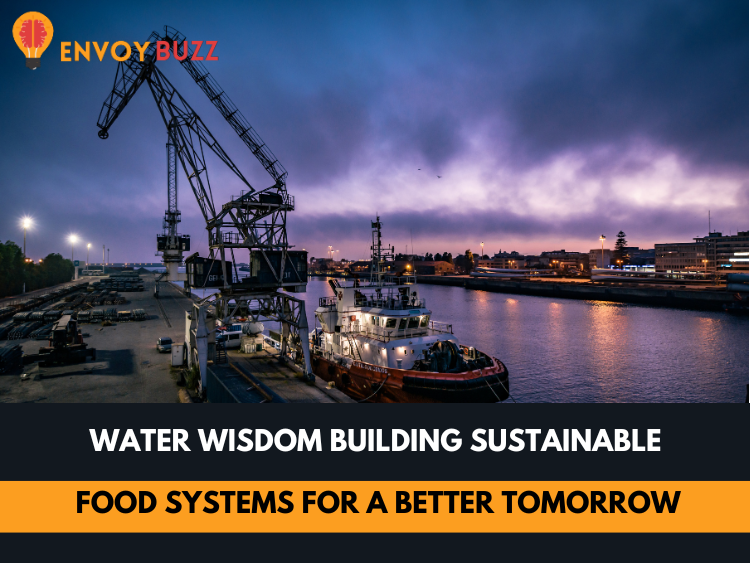During the North America World Food Day celebration, food systems advocates gathered to emphasize that water is central to discussions of food and agriculture. The event was co-hosted by Food Tank, the U.N. Food and Agriculture Organization (FAO), Driscoll’s, Wholechain, the University of British Columbia (UBC), and Simon Fraser University in collaboration with the International Fund for Agricultural Development (IFAD), the University of Guelph, the Arrell Food Institute, and Compass Group Canada.
According to Tom Pesek, Senior Liaison Officer at the FAO, “One third of the global population faces water stress.” The FAO also notes a 20% decrease in per-person access to freshwater resources over the past ten years.
Pesek goes on to say that “If we don’t change our current practices, those figures are going to increase exponentially.” The speakers say that this has concerning implications for human health and food security.
Agriculture, which relies on freshwater, is responsible for more than 70 percent of global withdrawals. And Dana James, a Postdoctoral Fellow at UBC notes that “without clean drinking water, it’s pretty impossible to be food secure.” In British Columbia alone, she says, there are around 30 boil-water advisories, or no-drinking orders, for rural and remote communities.
Fortunately, the speakers argue, there are many community leaders who are already advocating for better food and water systems, but they need help.
“Something I see time and time again is the lack of representation in leadership and the lack of funding to support the infrastructure and projects community members are leading to increase food security,” claims Lizeth Ardila Ramrez, a graduate student in the Faculty Integrated Studies in Land and Food Systems at UBC. The speakers argue that these groups, who know their communities so intimately, need support and investment so that they can carry out their work effectively.
Commercial fish harvester Tiare Boyes adds that teamwork is also essential. “It’s really important that we reach out across sectors and that we work together because the problems that we’re facing right now are not simple and the solutions are not simple,” she states. And if these pathways allow for the creation of more sustainable food and agriculture systems, a brighter future is possible. According to Lisa Kenoras, the Working Group on Indigenous Food Sovereignty’s coordinator of communications, “To have sustainable food and sustainable water means having a sustainable world for all of us to coexist with each other.”
For more blogs, please visit Envoy Buzz

